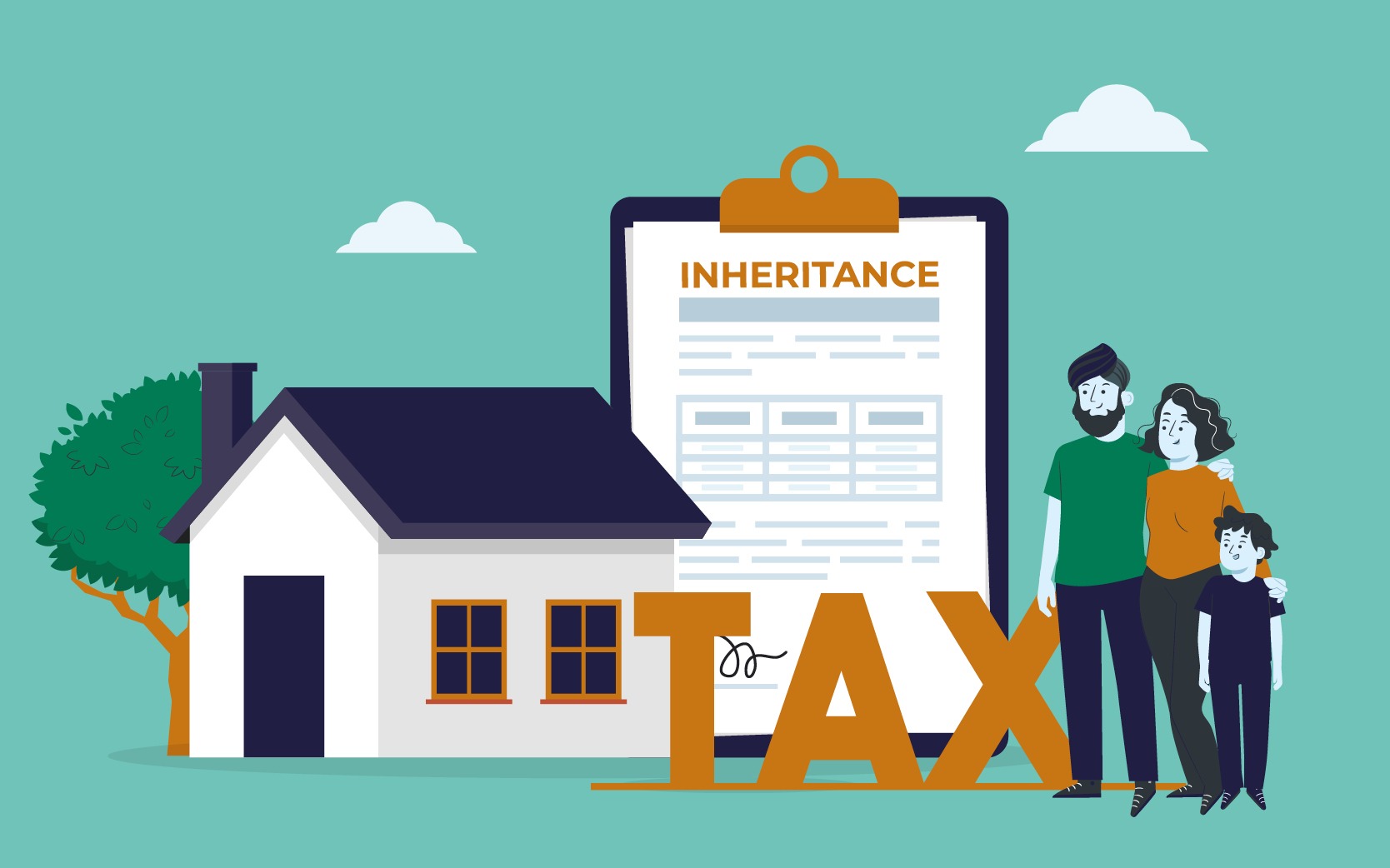In our previous issue, we gave an overview of the controversial inheritance tax system and listed the various ways you can mitigate the burden on your loved ones when you die. In this issue, we’ll look at the potential benefits of making lifetime gifts in relation to inheritance tax (IHT) and answer some of the most common questions asked.
Inheritance tax – a recap
If your estate is worth £325,000 or more and is not being left to a surviving spouse, then inheritance tax is payable at a rate of 40% on anything above that threshold. If your main residence is being left to your direct descendants, i.e. children or grandchildren, then the threshold increases to £500,000 with the residence nil rate band, in the right set of circumstances.
If your spouse or civil partner has already passed away, you also may be entitled to their ‘nil rate’ benefit. In practice, this means that the threshold for inheritance tax on your estate would double to £650,000, or £1m with the residence nil rate band, in the right set of circumstances.
What is a lifetime gift?
Lifetime gifts are a way to reduce the value of your estate. You can make lifetime gifts to your children, grandchildren, or in fact, anyone who is not your legal spouse, because, thankfully, gifts to spouses are always exempt. Providing you survive seven years after making the gift, the amount will not be subject to inheritance tax.
What is the IHT rate on lifetime gifts?
If you do not live the required seven years after making a lifetime gift, the gifts will be added back into your estate and be included as part of the inheritance tax calculation. However, the tax on these gifts isn’t necessarily taxed at the standard 40%. Instead, it’s calculated on a sliding scale if you survive at least three years from making the gift. See the table below:
| Years between gift and death | Tax paid |
| Fewer than 3 | 40% |
| 3 to 4 | 32% |
| 4 to 5 | 24% |
| 5 to 6 | 16% |
| 6 to 7 | 8% |
| 7 or more | 0% |
How much can you give as a lifetime gift?
There is no limit to the size or value of a lifetime gift, nor does it have to be cash. The gift could be a property, shares, jewellery, or any asset that you own. If you are gifting non-cash assets, you would be wise to seek professional advice, as there may be other tax implications such as capital gains tax and stamp duty.
There’s also the option to gift into a discretionary trust, but this can be subject to an immediate 20% inheritance tax charge. If you want to know more about the use of trusts for inheritance tax planning, keep an eye out in future issues, or get in touch.
Gifts with reservation
If you make a gift but continue to benefit from it, this is known as a gift with reservation. An example might be if you gift your home to your children but continue to live in the property. In this instance, the gift is treated as part of your estate on death, even if the gift was made over seven years prior.
Gift exemptions
Gift exemptions, are annual amounts you can give without any inheritance tax implications, whatsoever. There is currently an annual gift exemption of £3,000 per donor. This means that you can gift £3,000 in total every year, without worrying about tax implications, or the seven-year rule, as it simply doesn’t apply. What’s more, if you didn’t make any gifts in the previous tax year, you can carry forward this exemption too, meaning you may be able to gift £6,000 in the following year. You can give the whole amount to someone or split it between several different people.
There are other gift exemptions available too. You can make unlimited gifts of up to £250, to any person, in any one tax year. If there is a family wedding coming up soon then you can take advantage of these generous wedding gift exemptions; £5,000 to your own child, £2,500 to a grandchild, and £1,000 to anyone else.
Gifts out of income
Regular gifts out of income could immediately be exempt from inheritance tax, providing you can demonstrate that it is from surplus income and doesn’t alter your normal standard of living. An example of this could be a commitment to fund your grandchild’s school or university fees.
Gifting to charity
There is no inheritance tax to pay on lifetime gifts made to charities and if you leave more than 10% of your net estate to charity in your will, you may qualify for a reduced inheritance tax rate of 36%.
A carefully considered lifetime gifting plan can make a real difference to the inheritance tax owed by your loved ones. You are never too old or too young to begin that planning and consider all of the options available to you. If you want to know more about lifetime gifts, inheritance tax, or specifically inheritance tax planning, it might be useful to consult a professional for advice. Get in touch for more information.










